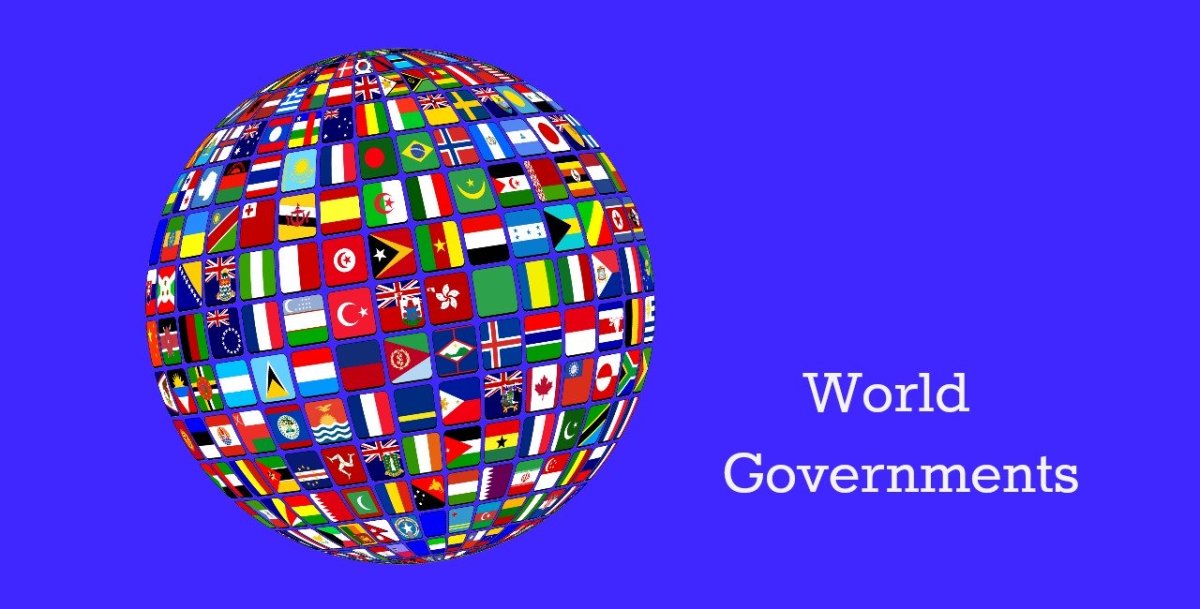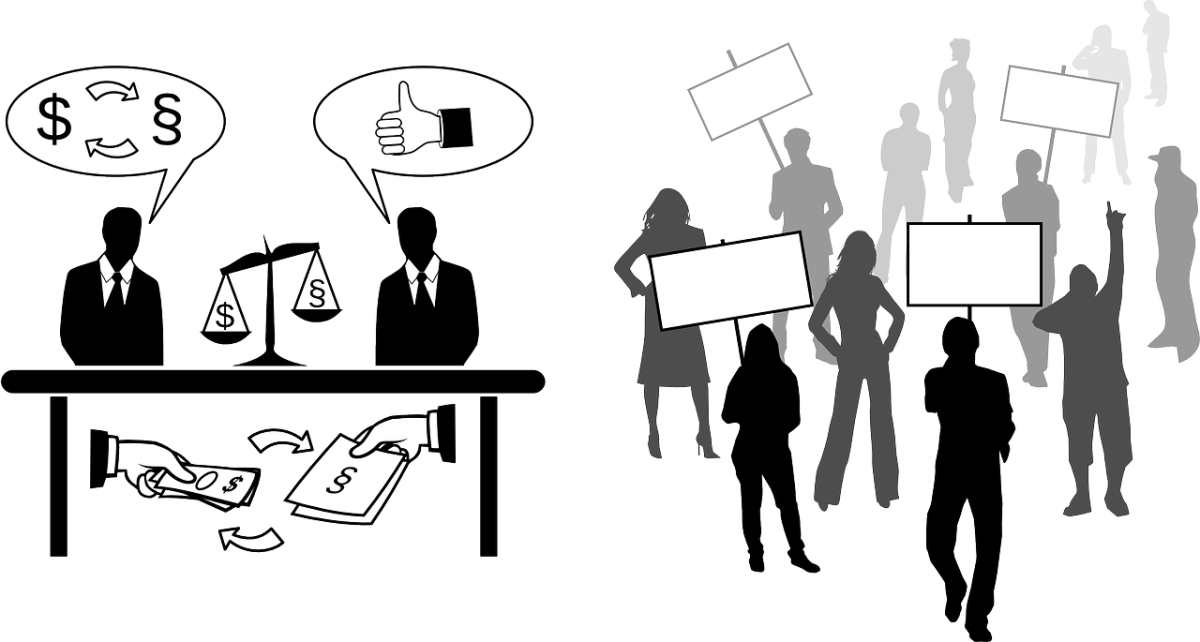Basic Political Terms Every Citizen Should Know (I)
Is good to be a well informed citizen
Being a citizen of a republic is similar to being a shareholder of a company; In both cases, both individual interests and collective interests must be ensured, so that the republic / company can be more prosperous every day. That is why it is important that each citizen handle basic notions of politics that help him to understand it better and can defend his republic.

Capitalism- Socialism- Comunism
Let's start with these concepts so simple to differentiate. It is easy to do it from Marxism. The three economic systems are differentiated with a couple of keywords: Owners of the means of production. In capitalism the owners of the means of production are the entrepreneurs or individuals; in socialism, the owner is the State (usually it has not yielded good results); and in communism (which is a utopia because it has never existed) the means of production belong to everyone, or rather, to nobody (that is, no one can own them).
Capitalism can be really wild and unequal, with unnecessary accumulations of profits. It is necessary to design a moderate capitalist system in which citizens feel satisfied

Republic- Monarchy- Aristocracy
To understand these concepts, it is enough to refer to the work of Aristotle, Politics. The philosopher of Ancient Greece held that the republic is the government where all people govern, the monarchy is the system where one person governs (the king), and the aristocracy is the system where the best are those who govern.
These types of government could be perverted, that is, when they are governed above the Constitution and the laws. Thus, the republic could become demagogy, which is the government of the poor; the monarchy would become tyranny, which is the form of government where only the one who governs benefits; and the aristocracy would deviate in oligarchy, which is the government where the rich look after their interests. In such cases, collective interests are not safeguarded and citizenship is suppressed (demagogy suppresses citizenship to the rich, aristocracy to the poor, and tyranny to all)
The disrespectful politicians of the republics will press for establishing a demagogy (if they are from the left), or for establishing an aristocracy (if they are from the right); that is why it is important that the citizen knows how to identify the populist and oligarchic leaders

State- Government
Many people get confused with these two terms. The State includes territory, population and government. That is why Palestine was not recognized as a State until recently, because it had a population, had a government but did not possess a territory.
The State is designed to be durable over time, governments do not. Governments will change every certain period, either because the Constitution establishes it or because the rulers die.

Homeland-Nation
Hitler said that he was a nationalist but not a patriot. Does this make sense? Of course it does. The Aryans were a nation watered in the European homelands of Austria and Czechoslovakia. Hitler wanted the unification of the Aryan race, as a nation, so he crossed borders and annexed Austria (see Anschluss) and then Czechoslovakia.
A homeland can also have multiple nationalities. The United States is a great example of this, since it receives a large number of immigrants from all over the world every year. With constitutional rank is Bolivia, officially called Plurinational State of Bolivia, because in the country live the Hispanic descendants and several pre-Hispanic indigenous nations.
In short, a nation can encompass several countries, and a country can encompass several nations. Everything depends on the uniqueness of each country or region.

Tiranny- Dictatorship
These concepts seem very similar. But a tyranny bears much more resemblance to despotism, since in both cases the one who governs is not subject to the laws. The dictator, on the other hand, does act according to the laws. Thus, Simon Bolivar had the position of Supreme Chief Dictator of the Republic; charge that returned in the Congress of Angostura of 1819.
It could be said that the dictator has extraordinary powers granted to overcome a difficult situation; while tyranny and despotism are exercised without limitations.
Some positivists are supporters that some people can only progress with a strong hand; that is, with a tyrannical, despotic or, at least, dictatorial government.

Last but not least
A very interesting argentine writer, Juan Bautista Alberdi, taught that the citizen also governs, so he must make use of and defend the counterweights that prevent a government from becoming despotic. First, sovereignty is divided into several powers: executive, legislative, judicial, governorates and mayorships. The second counterweight is the right and duty to elect rulers through elections. The third counterweight is the responsibility, that is, the rulers must be responsible before the law for their actions. The last counterweight is the publicity of the acts of the government, that is to say, that the rulers must be transparent in their management
These are some basic concepts. In the next article I will explain other equally important concepts to understand politics and defend the rights and duties of citizens.








